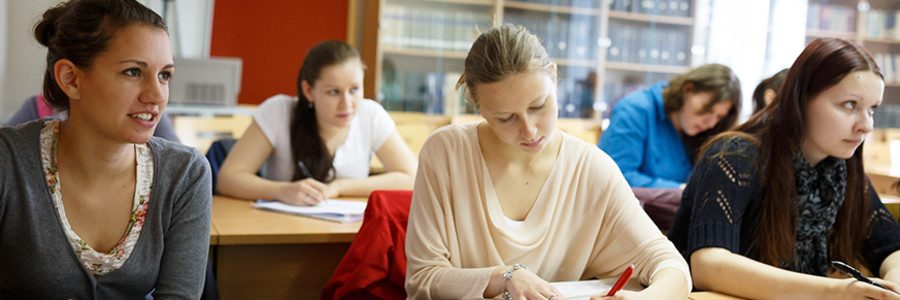Why Palacký University?
City and its history and cultural events
Olomouc has a rich history dating back to the middle ages, and is home to numerous architectural gems, including the Holy Trinity Column, which is a UNESCO World Heritage Site. The city also has a rich cultural scene, with numerous theatres, galleries, and museums, as well as festivals and events throughout the year including Student May Festival, Researchers’ Night or Academia Film Olomouc.
Research opportunities
Palacký University offers numerous research opportunities to its students, making it an ideal choice for those who are interested in pursuing a career in academia or research. The university is home to a wide range of research centres and institutes, which cover various fields of study such as natural sciences, humanities, social sciences, medicine, and law.
The university is known for its strong research culture, with a focus on interdisciplinary research that aims to tackle complex global challenges. This is reflected in its research areas, which include topics such as environmental science, nanotechnology, biotechnology, social inequality, and cultural heritage preservation.
Living costs
In addition to its cultural and academic offerings, Olomouc is also known for its affordable cost of living. Compared to other European cities, the cost of living in Olomouc is relatively low, which makes it an attractive destination for students who are looking for a high-quality education at an affordable price.
Location
Finally, Olomouc is located in the heart of Europe, with easy access to other major cities and cultural destinations. Prague, Vienna, and Krakow or Bratislava are all within easy reach, making it a great base for exploring the region and experiencing everything that Europe has to offer.
Activities outside the academic sphere
One of the main advantages of studying at Palacký University is the vibrant student community and the numerous student organizations and clubs that are available. These include clubs for sports, culture, art, music, theatre, and volunteering, among others. Students can choose from a variety of extracurricular activities based on their interests, and can participate in events and activities throughout the academic year.
Palacký University is also home to various sports facilities, including gyms, sports halls, and outdoor fields. Students can join sports clubs and teams, participate in fitness classes, and attend tournaments and competitions.
In addition to extracurricular activities, the university also offers various cultural and social events throughout the academic year. These include concerts, festivals, exhibitions, and lectures by guest speakers. These events provide opportunities for students to learn about different cultures and perspectives, and to engage in discussions and debates on important issues.
